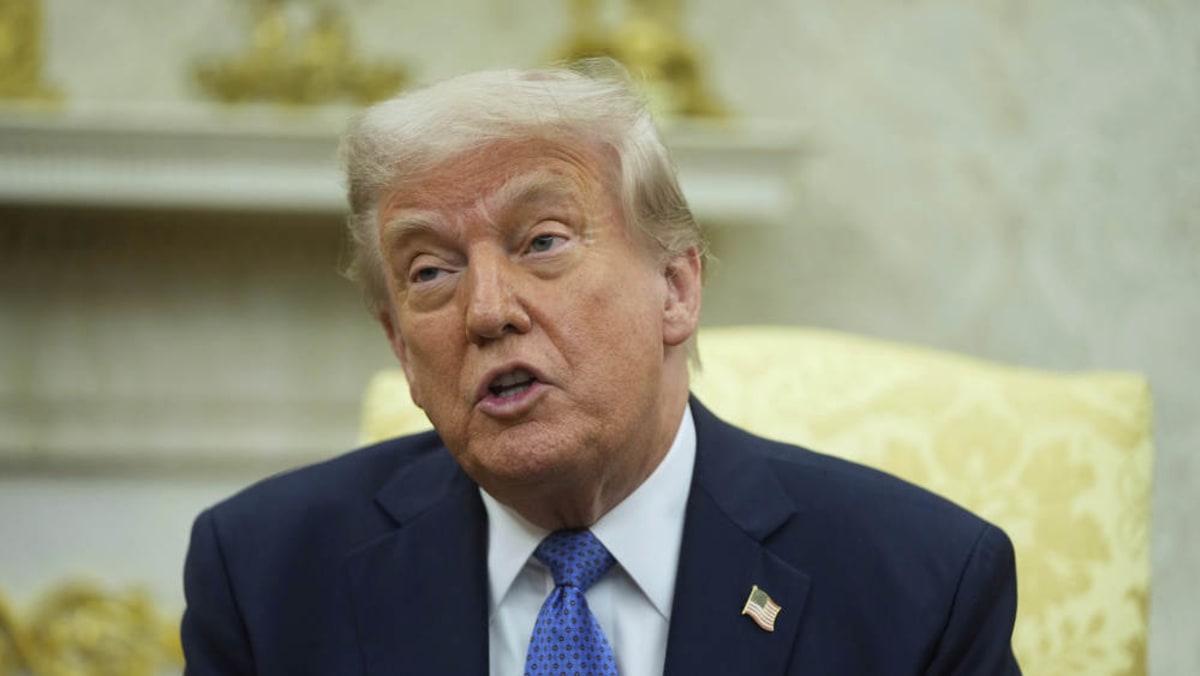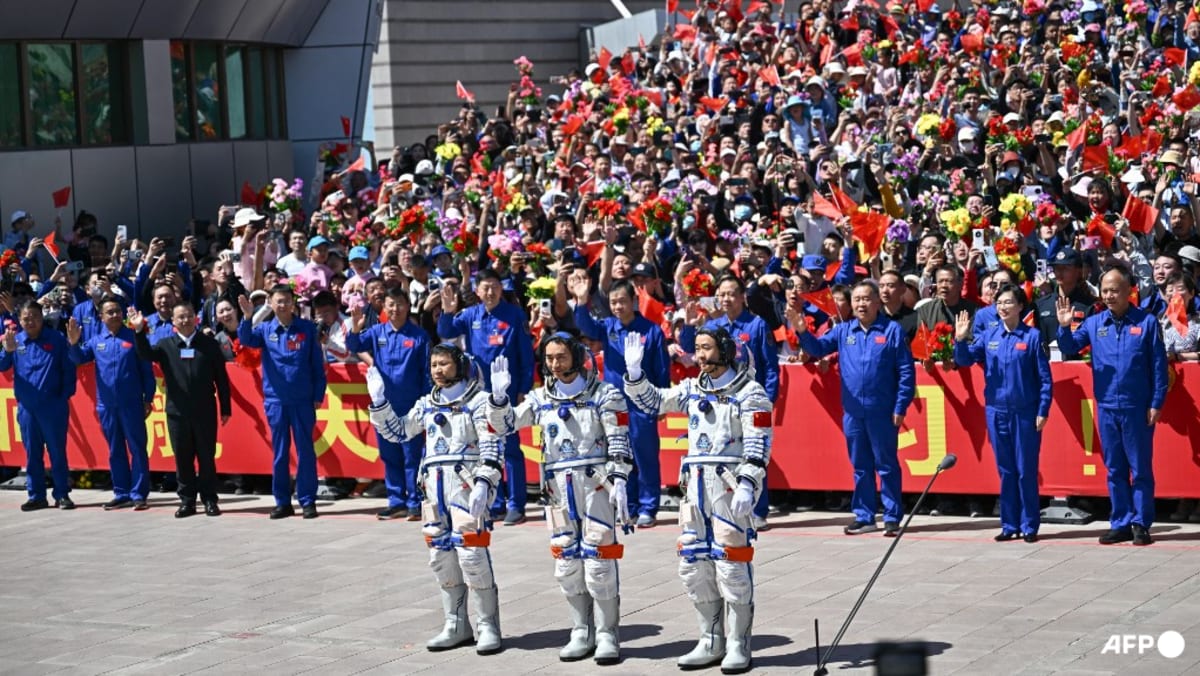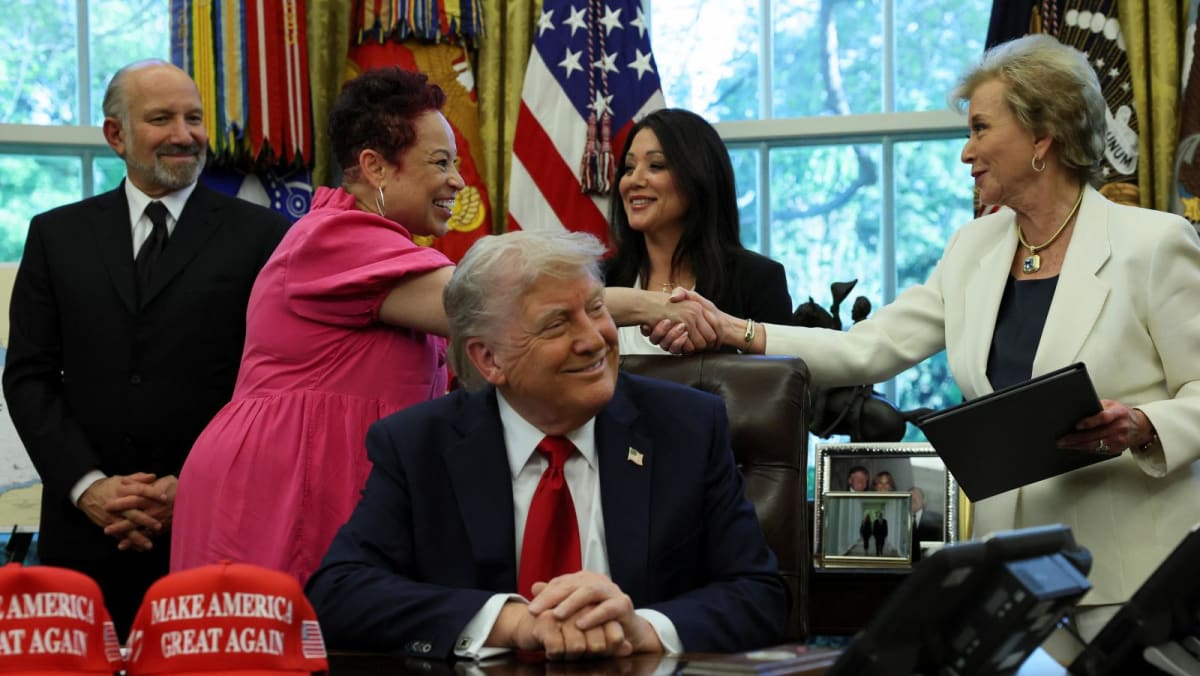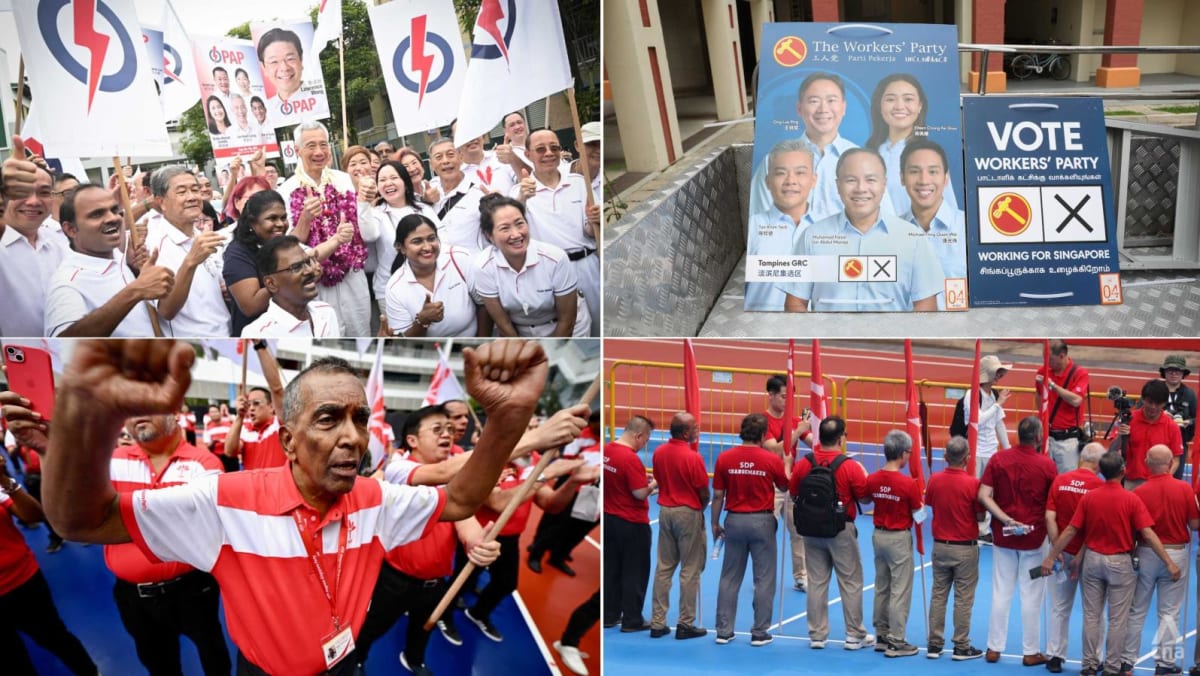China’s ‘two sessions’: New laws to counter foreign sanctions planned
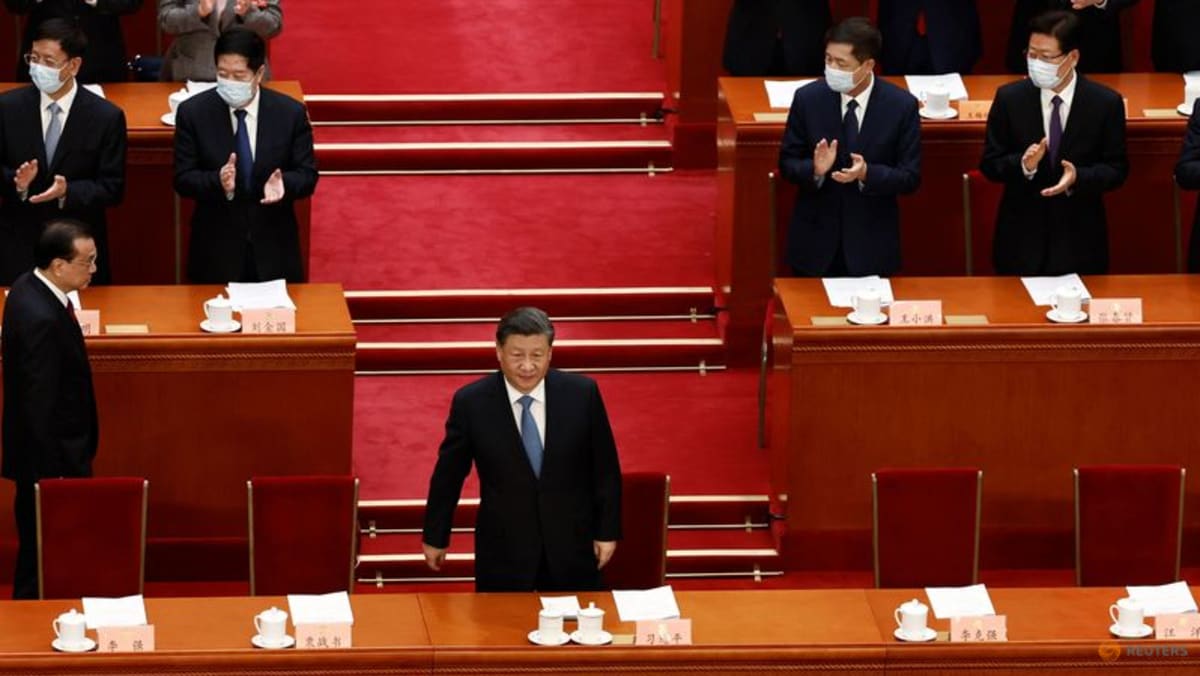
The draft also said there should be no protectionism and unilateralism in trade.
Over the past years, China has already taken a series of moves to counter foreign sanctions. In 2021, the NPC passed an anti-sanctions law, providing legal backing for sweeping retaliation against any individuals, their families and organisations responsible for imposing sanctions against the country. Those steps include denying visas and freezing an individual’s assets.
In recent years the US and Europe have imposed sanctions on Chinese officials over issues such as alleged human rights abuses in Xinjiang and Hong Kong.
The war in Ukraine may escalate matters further after officials in Washington and Brussels said while there is no evidence showing China is sending lethal aid to Russia, there would be serious consequences if it does.
The war has deepened divisions between China and Europe, which sees Beijing as a competitor and systemic rival.
But Wang said relations between China and the European Union have grown steadily since last year, with Chinese President Xi Jinping meeting French President Emmanuel Macron, German Chancellor Olaf Scholz and European Council President Charles Michel.
“There is no fundamental strategic disagreement or conflict but rather broad common interests and cooperation built up over many years,” Wang said, adding China sees Europe as a strategic partner.
“In recent years, we’ve seen some people claiming that China and Europe are systemic rivals and they’ve been playing up the so-called China challenge or China threat. Fundamentally speaking, such rhetoric is driven by the cold war mentality and ideological biases. It is intended to serve their selfish interests”.
Wang also denounced Western criticisms that China is creating a debt trap in Africa, saying data from the World Bank has shown that multilateral financial institutions and commercial creditors account for nearly 75 per cent of the continent’s overall external debts.
Wang was outlining the agenda ahead of the “two sessions”, a major political set piece that includes the annual legislative meeting. The event starts on Sunday – when outgoing premier Li Keqiang delivers his last work report and the annual military budget is announced – and ends on Mar 13.
The gathering will also see the new government line-up unveiled and deputies will deliberate on plans to reform party and state institutions.
This article was first published on SCMP.
Source: CNA




